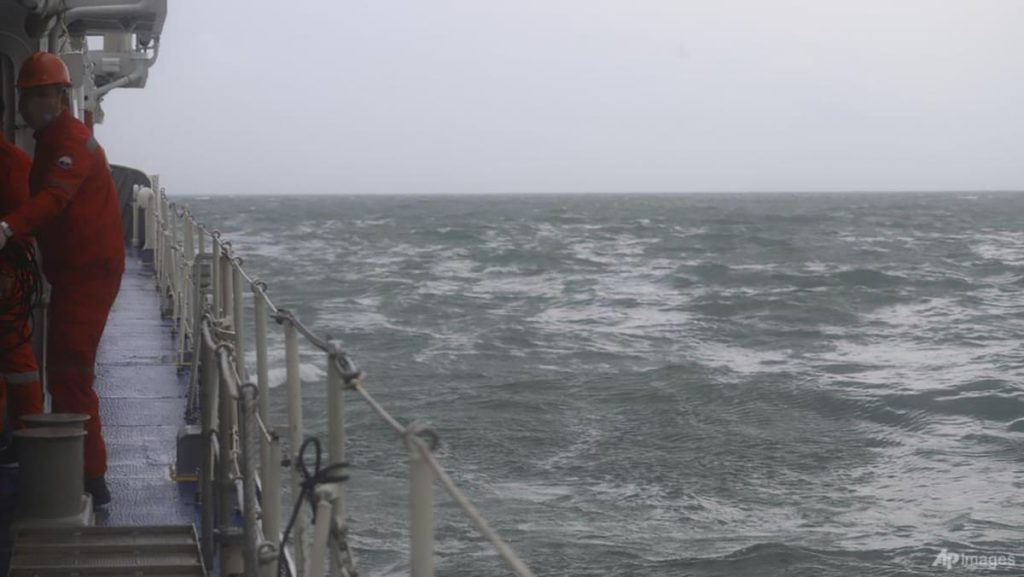The Philippines has a history of struggling to contain serious oil spills, with several incidents over the years causing significant environmental and economic damage. Last year, it took months to clean up after a tanker carrying a large amount of industrial fuel oil sank off the central island of Mindoro, contaminating the waters and beaches and devastating the fishing and tourism industries in the area. Similarly, in 2006, another tanker sank off the central island of Guimaras, spilling tens of thousands of gallons of oil that destroyed a marine reserve, ruined local fishing grounds, and covered stretches of coastline in black sludge.
Most recently, the Philippines has been dealing with another oil spill situation, with a tanker sinking at the mouth of Manila Bay. The coast guard and a private salvage operator are currently working to offload an unspecified amount of diesel from the sunken vessel. Despite the owners claiming that the tanker, named MTKR Jason Bradley, was not carrying cargo, leaks were found by coast guard divers and were subsequently sealed. The crew’s whereabouts remain unknown, and the 39m vessel sank in muddy waters about half a kilometre from the coast of Mariveles municipality.
The exact cause of the sinkings is unclear, but they occurred during heavy rains fueled by Typhoon Gaemi and the seasonal monsoon lashing Manila and surrounding regions in recent days. This challenging weather likely exacerbated the situation, making it more difficult to respond effectively to the oil spill and resulting environmental impact. In addition to the immediate cleanup efforts, authorities will need to address the longer-term effects of the spill on the local ecosystem, including marine life, fishing grounds, and coastal areas.
The incidents highlight the ongoing challenges faced by the Philippines in preventing and managing oil spills, particularly during adverse weather conditions. Efforts to improve response capabilities, such as training personnel, acquiring better equipment, and implementing stricter regulations on shipping and tanker operations, will be crucial in mitigating the environmental and economic damage caused by future incidents. Cooperation between government agencies, private salvage operators, and international partners will also be essential in effectively addressing oil spill emergencies and minimizing their long-term impact on the environment and local communities.
As the cleanup and recovery efforts continue in the wake of the recent tanker sinkings, it is important for authorities to prioritize transparency, communication, and collaboration with affected communities and stakeholders. Providing regular updates on the progress of the cleanup, sharing information on the extent of the environmental damage, and involving local residents in decision-making processes will help build trust and ensure that recovery efforts are carried out effectively and efficiently. By learning from past experiences and continuously improving response protocols, the Philippines can better prepare for future oil spill incidents and work towards safeguarding its marine ecosystems and coastal areas for generations to come.


